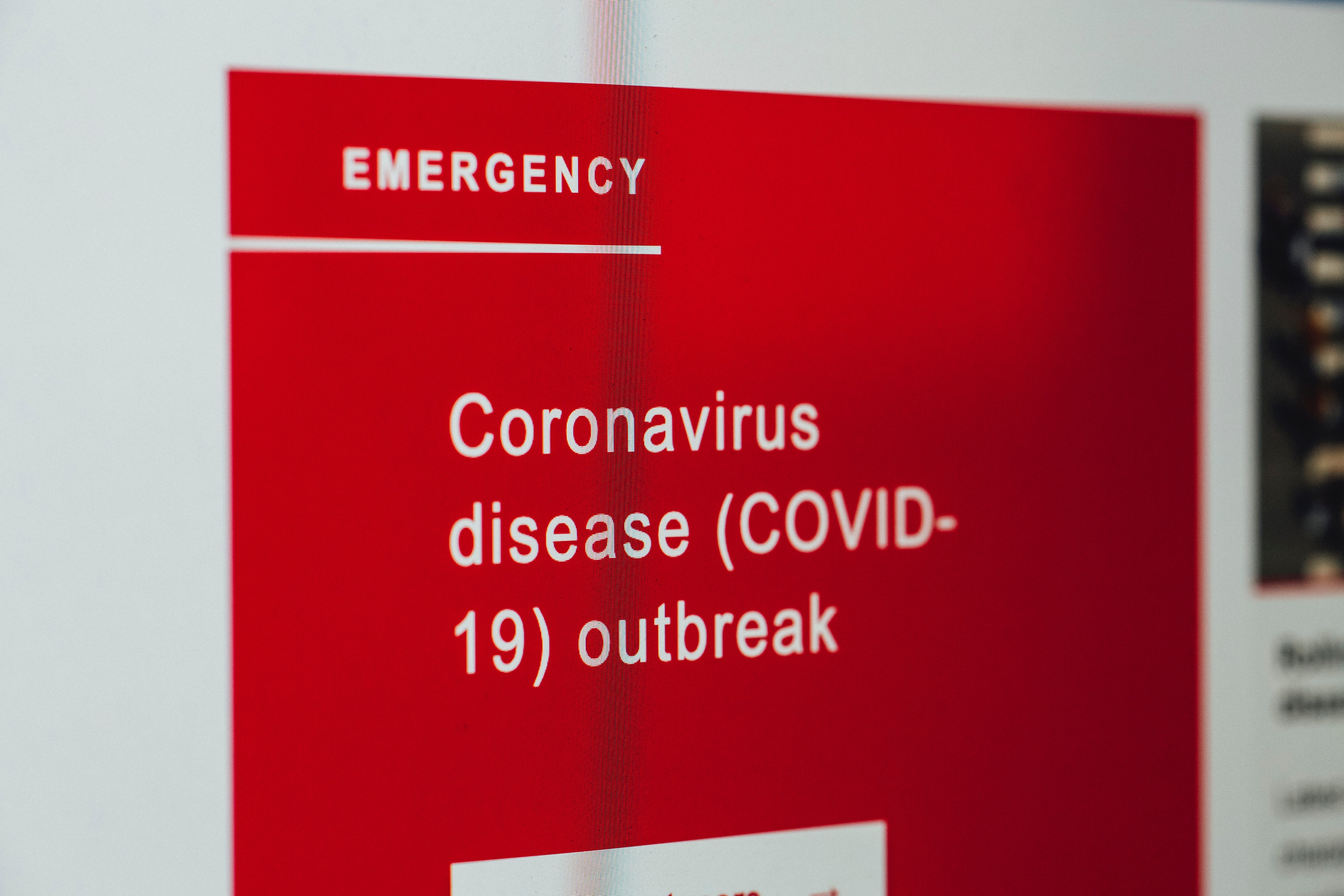Six months into the pandemic, COVID19 numbers are seen to be continually increasing. Currently there are 8.4 million people infected worldwide with 440,000 deaths. In the United States alone, there are 2.2 million Americans that have been affected with 117, 873 deaths. Current model projections of COVID19 maps out that there will be an at least 11,000 death toll increase by July. CDC projected that the US death toll will increase to a range in between 129,000 to 145,000 by July 11. State level forecasts that death toll rates will increase for the next 4 weeks in states such as Oregon, North and South Carolina, Utah, Hawaii, Florida, Arkansas, Arizona and Alaska. While in other states, a stagnancy or slight decrease of new deaths will be seen.
Multiple factors come into play that must be considered as to why the numbers are still increasing. One reason is that states have reopened and continued on with phases II to III with some states not mandating the usage of masks as protection despite data supporting otherwise. Unlike states such as New York and California, governors have issued an executive order requiring the usage of face masks when outdoors while still maintaining social distancing. Another factor is that there is an increased testing seen nationwide which accounts to less cases being left undiagnosed. With readily accessible and affordable testing centers, quarantining and contract tracing of suspected COVID19 infected patients can be monitored.
Despite the increasing numbers, news about new treatment protocols and vaccines have also been released. Frontiers of the race for the COVID-19 vaccine includes Moderna—an American biotech company that is about to launch its final phase for the vaccine trial. Moderna will start its 30,000-person clinical trial following a successful clinical trial on 8 people so far. This vaccine can produce neutralizing antibodies responsible for fighting off disease in newly infected patients.
AstraZeneca, another biopharmaceutical company, has partnered with the United States in a 1 billion contract to acquire a vaccine that is able to protect patients for 1 year against COVID-19. Aside from this vaccine, AstraZeneca has joined the UK’s government sponsored program entitled ACCORD (Accelerating COVID-19 Research and Development) platform. Under this platform includes a Phase II clinical trial for 2 molecules namely a Bruton’s tyrosine kinase (BTK) inhibitor and an Interleukin 33 (IL-33) inhibitor among 4 others under study. The function of these 2 drugs against COVID19 are based on the role of hyperinflammatory syndromes such as cytokine storms that occur in severe COVID-19 presentations.
This week a large British clinical trial on Dexamethasone, a commonly used corticosteroid, published a study showing promising results in reducing mortality in patients with COVID19 infections requiring oxygen or ventilatory support. Patients were randomized and given 6 mg dexamethasone once a day via orally or intravenously for days versus a control of symptomatic care alone. Results showed a 1/5th mortality decrease in patients with COVID19 infection requiring oxygen and a 1/3rd mortality decrease in patients requiring ventilatory support. Since almost half of the patients on ventilatory support die from overwhelming infection, a 1/3rd decrease in numbers is seen to be very promising. Corticosteroids are also used in other illnesses to reduce inflammation ranging from cancer to infections.
Lastly, a previously noted drug supposedly to treat COVID19 named Hydroxychloroquine and Chloroquine had all its clinical trials suspended following the FDA revoking its emergency use authorization. This is due to ongoing studies stating that there is no significant mortality benefit in COVID19 patients. These 2 drugs also have a risky side effect profile ranging from cardiac adverse effects to skin rashes highly susceptible to sun exposure. These 2 drugs are normally used as treatment for malaria and hydroxychloroquine for some autoimmune conditions such as SLE and Rheumatoid Arthritis.

